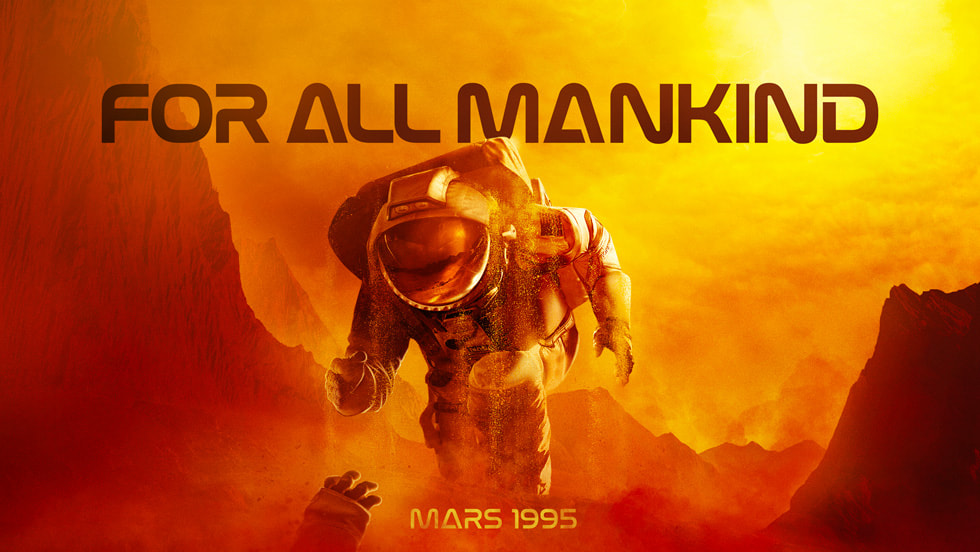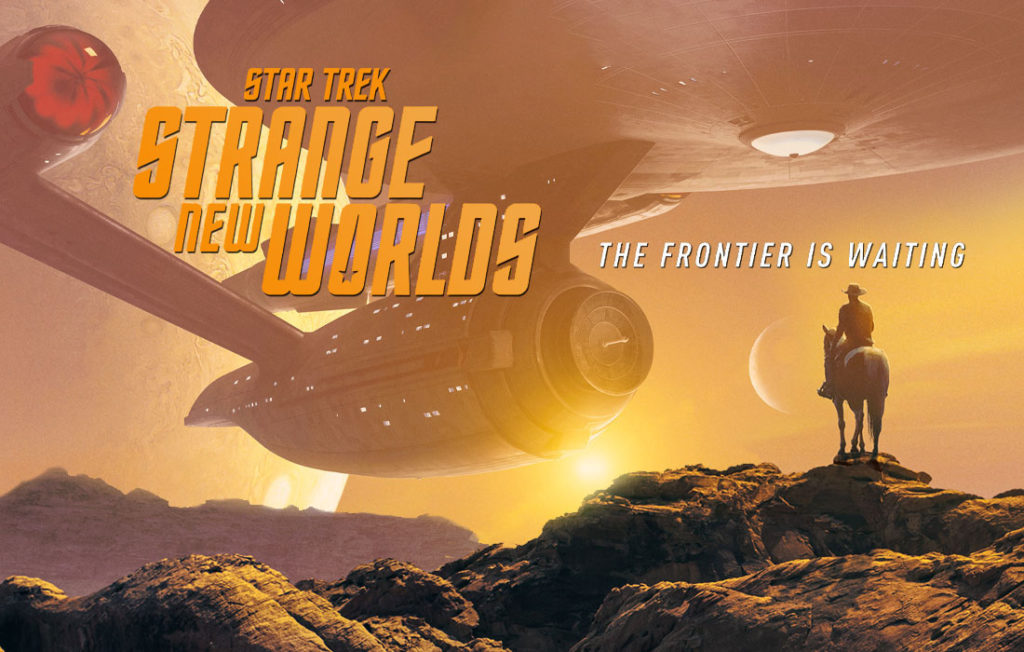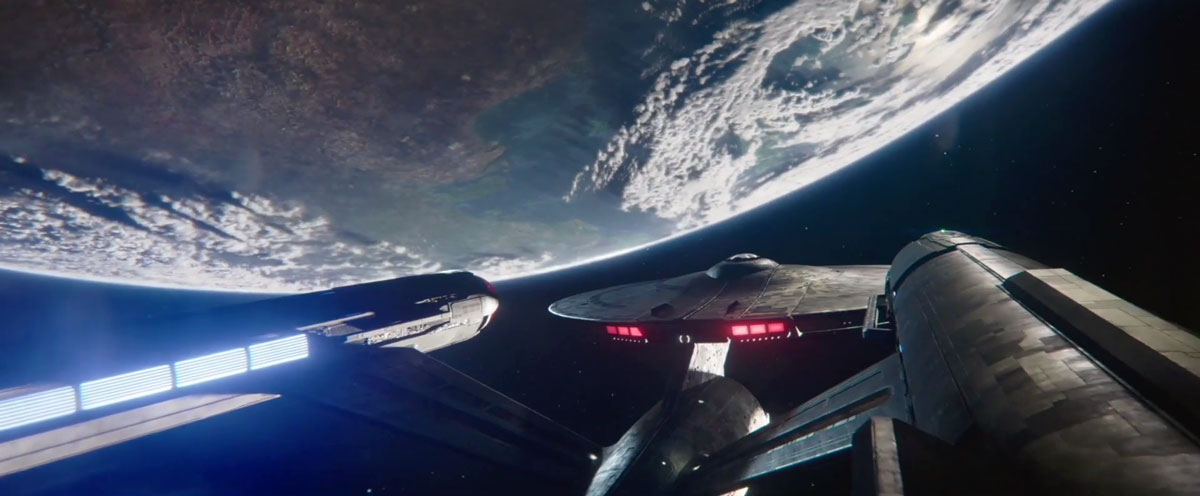Sometimes you just want to watch something with spaceships. That’s how I felt a few weeks ago when I decided to start watching the Apple TV+ series ‘For All Mankind’. I’d seen the trailers for the third season, where there is a new Space Race to Mars, and figured it was worth a shot. Alternate History stories can be hit or miss with me, but a show about Russia winning the original Space Race to the Moon kicking off a much more progressive and daring age of space travel sounded like a winner to me.

The first season starts in the late 1960’s and, honestly, for about five or six episodes it feels sort of like ‘Mad Men At NASA’. I don’t mean that to sound derogatory, but it wasn’t quite what I was looking for. Luckily, about halfway through the first season, we get full-blown lunar colonies, and I get right on-board. Season One ends in the early-1970’s, and season two picks up about a decade later in the mid-1980’s. At that point, there are rather larger lunar colonies for both Russia and the United States. Considering this was at the heart of the Cold War, you can imagine that tensions rise, guns arrive riding the wave of that tension, and a nuclear meltdown of a lunar base looms over the last few episodes of the season.
Season Three then jumps ahead another decade, to the mid-1990’s. Now we have a space hotel orbiting the Earth, and the race to Mars picks up steam in a much quicker fashion that anything in the first two seasons. Covering about thirty years in the span of three year means we do get some questionable old age make-up, but nothing too distracting. It helps that the actors in the make-up all do a bang up job with their performances. It also helps that ‘For All Mankind’ is laid out as a generational show right from the start. Sure, we have the adult characters at the beginning. But other characters who start out as children are allowed to grow up (thankfully being re-cast to avoid some super awkward make-up effects) and grow into interesting, well-rounded characters of their own.
As I mentioned, the performances are very good, the production design is fantastic, and the storytelling is not afraid to go to some dark places. It’s a minor spoiler to say each of the three seasons features a handful major character deaths. Each one of those deaths hangs over everything that follows in their own way, and some more than others. But even with that, and the perpetually looming Armageddon, the underlying theme of the show is one of hope. This is a version of history where America and Russia both dedicate themselves to exploring the cosmos in a way that much more inspiring than anything we’ve seen in the real world. And many of the show’s best moments come when people put their differences aside (patriotically and personally) and work together for the good of all mankind.

That last bit has been a basis of Star Trek shows and movies for over sixty years now. These unlikely alliances seem akin to the United Federation Of Planets at the center of Star Trek canon. In many ways, ‘For All Mankind’ plays like a prequel the Star Trek, which is why I started watching ‘Star Trek: Strange New Worlds’ (Referred to as ‘SNW’ going forward for brevity’s sake) shortly after ‘For All Mankind; hooked me in. I’ve never been a Trekkie, though I’ve see a handful of the movies and episodes of ‘Star Trek: The Next Generation’ but luckily none of that really matters when it comes to the new Paramount+ show.
I understand it’s sort of a spin-off of ‘Star Trek: Discovery’ but I didn’t feel like I was missing anything when I spun up the first episode of ‘SNW’ and that was a relief. I get the general idea of Star Trek has always been about finding peaceful resolutions or compromises – which is why it’s called ‘Star Trek’ and not ‘Star Wars’ – and that is certainly a recurring motif in many of the episodes. But ‘SNW’ is also unafraid to go to some truly dark places such as a planet whose inhabitants accidentally turn themselves into electric ghosts, or a planet where children are sacrificed regularly, or a future where intergalactic war cost billions of lives. Still, the U.S.S Enterprise feels like a giant flying luxury hotel, and its crew generally have the best interest of the galaxy in-mind when making their choices. Both of which offer a bit of comfort food when dealing with the unrelenting assault on morality and ethics in the daily newsfeed.
I’ll admit that ‘SW’ has more spectacle than ‘For All Mankind’ although the latter has a bit more in the character development department. But they really do make for nice companion pieces to one another. Of course there are thirty episodes of ‘For All Mankind’ up now, and only ten of ‘SNW’ so you can’t go full double-feature all the way. But I absolutely do recommend both shows to anyone who, like me, feels a bit like spending time off planet Earth for a while.
